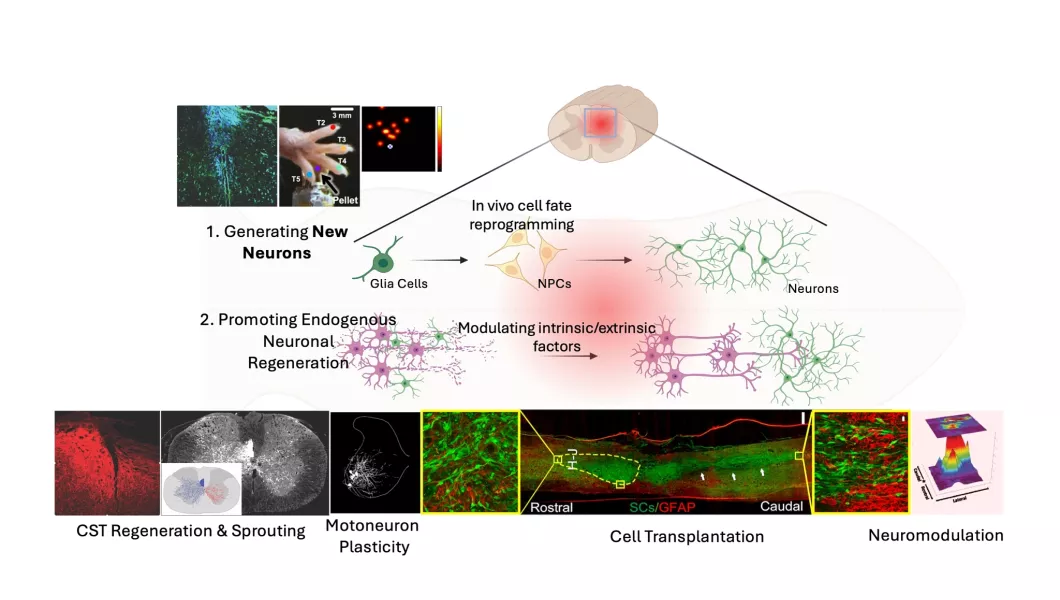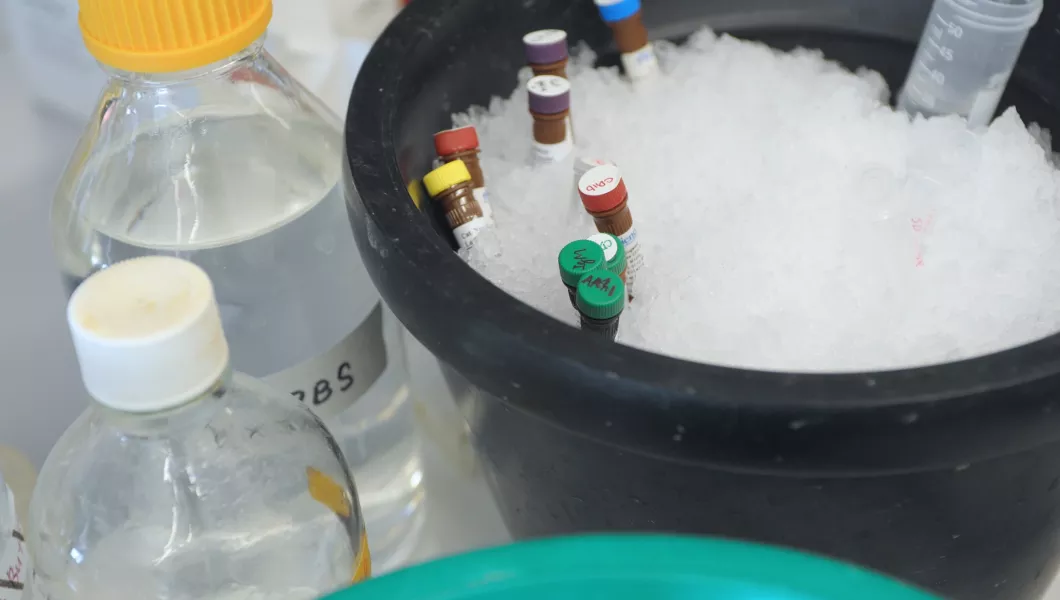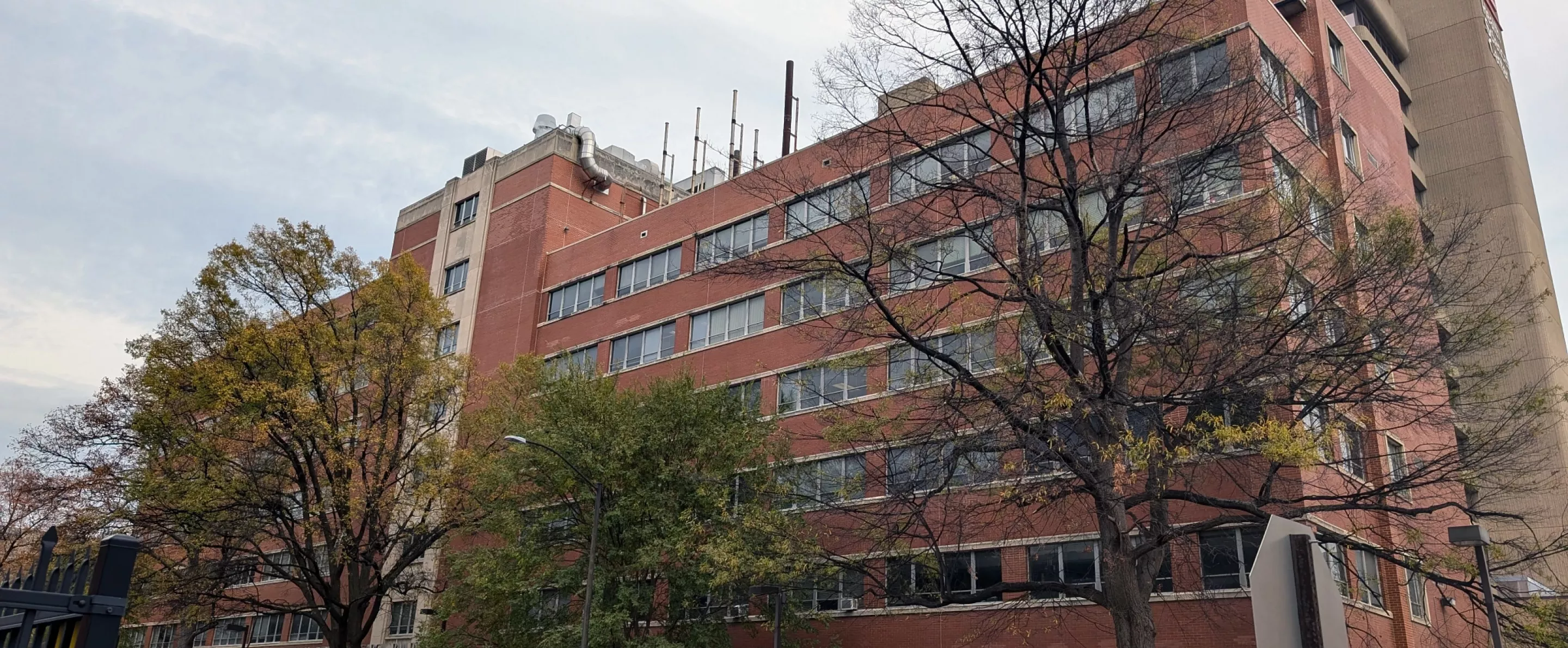Research focus
The Reprogramming, Regeneration, and Recovery Laboratory is dedicated to developing new ways to repair the spinal cord and restore movement after injury. Our team combines multiple approaches to translate discoveries from basic science into potential treatments. A major focus is in vivo reprogramming - turning support cells in the injured spinal cord into new, functional neurons that can reconnect damaged circuits. We also explore neuromodulation, nanotechnology, optogenetics (using light to control cells), and other strategies to enhance healing and recovery. Our work spans from understanding how neural circuits change after injury to designing therapies that promote regeneration and functional improvement. These efforts include combining cell reprogramming with supportive treatments, such as Schwann cell transplantation, extracellular matrix modulation, and activity-based rehabilitation.
Research from the Wu Lab has been published in leading journals including Cell Stem Cell, Cell Metabolism, Nature Communications, JCI Insight, and Biomaterials, and has been featured by outlets such as NIH, EurekAlert, and Medical Express. By bridging cutting-edge science with real-world applications, we aim to bring hope and new solutions to individuals living with spinal cord injuries.

Associate Professor, Department of Neurological Surgery
Laboratory: Reprogramming, Regeneration, and Recovery
Phone: 502-852-3179
wei.wu@louisville.edu

Key research areas
- In vivo glial cell reprogramming
- Neural circuit remodeling
- Neuromodulation and optogenetics
- Neuroprotective nanotechnology
Current projects
- Converting glial scar cells into neurons for circuit repair after spinal cord injury (NIHR01NS131489)
- Reprogramming reactive glial cells into functional neurons in cervical SCI (NIHR01NS111776)
- Enhancing motoneuron plasticity to create alternative pathways for recovery (UofL-PG05627)
Team
- Ahnsei Shon, Research Scientist
- Justin Vernam, Research Technician
Key publications
- Tai, W., Du, XL, Chen C, Xu XM, Zhang CL., Wu W. (2024) “NG2 glia reprogramming induces robust axonal regeneration after spinal cord injury”. iScience.27(2): 108895. PMID: 38318363
- Lee DH, Cao D, Moon Y, Chen C, Liu NK, Xu XM, Wu W. (2025). Enhancing Motor Functional Recovery in Thoracic Spinal Cord Injury: A Comparative Study of Voluntary Wheel Running vs. Forced Treadmill Exercise (2024). Neural Regeneration Research, 20(3): 836-844. PMID: 38886956
- Wu W*#, Nguyen T, Ordaz JD, Zhang Y, Liu NK, Hu X, Liu YX, Ping XJ, Han Q, Wu XB, Qu WR, Gao SJ, Shields CB, Jin XM, Xu XM. Transhemispheric cortex remodeling promotes forelimb recovery after spinal cord injury. JCI Insight. 2022;7(12). *First author & #Co-responding author. PMID: 35552276 Impact factor: 9.484
- Mah KM*, Wu W*, Al-Ali H, Sun Y, Han Q, Ding Y, Munoz M, Xu XM, Lemmon VP, Bixby LB. Compounds co-targeting kinases in axon regulatory pathways promote regeneration and behavioral recovery after spinal cord injury in mice. Exp Neurol. 2022;355:114117. PMID: 35588791*Co-first author
- Tai W*, Wu W*, Wang LL*, Ni H, Chen C, Yang J, Zang T, Zou YH, Xu XM, Zhang CL. In vivo reprogramming of NG2 glia enables adult neurogenesis and functional recovery following spinal cord injury. Cell stem cell. 2021;28(5):923-37 e4. PMID: 33675690 *Co-first author.
Completed projects
NIH R01 NS103481 Wei Wu/George Smith
09/30/2017 – 08/31/2024
Role: Contact PI Total amount awarded: $1,936,957
ISCBIRG ISDH58180 Wei Wu
07/01/2021 - 06/30/2024
Role: PI Total amount awarded: $160,000

